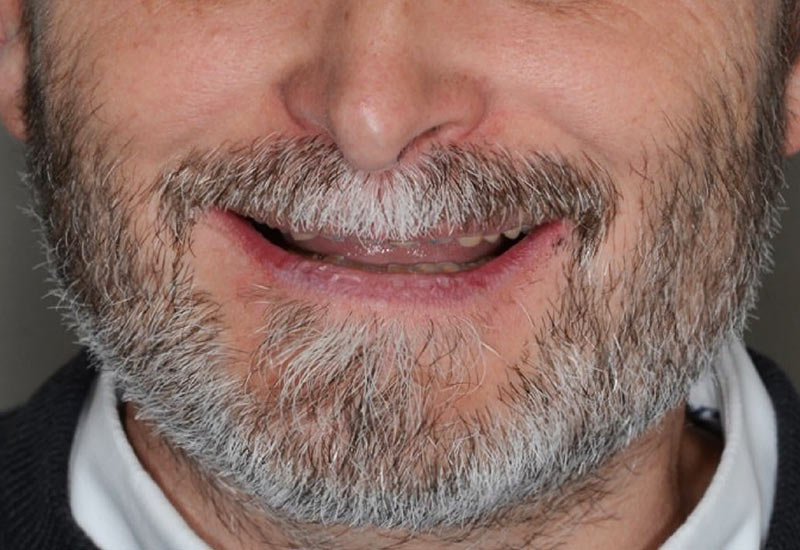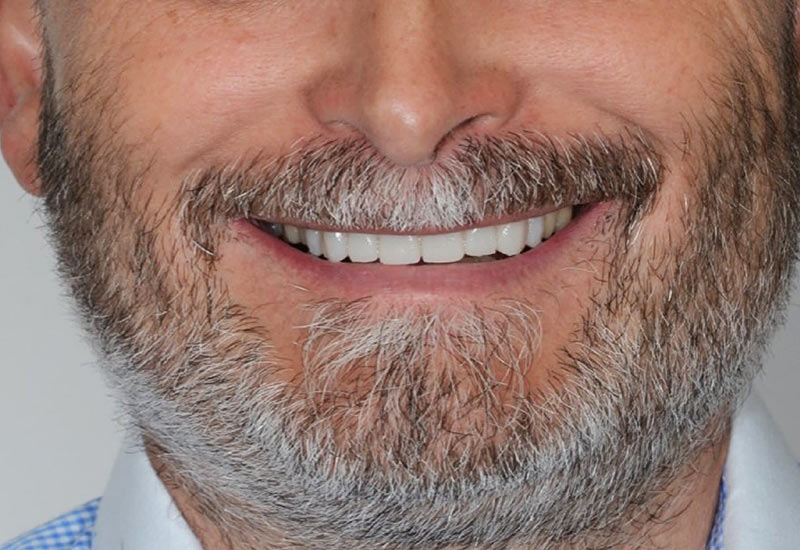The main treatment for bruxism is to relieve jaw contraction and prevent teeth from rubbing together. As a second line of defence, your dentist can also act against the effects of bruxism: damaged enamel or loss of material on the most affected teeth.
The main solution is to wear a specially designed accessory: the anti-bruxism dental splint. Made of transparent resin from an in-office dental impression, this custom-made, removable appliance relaxes jaw muscles and joints, while protecting tooth surfaces. This treatment is sufficient for mild to moderate bruxism.
If your teeth are already damaged by rubbing, your dentist has an arsenal of treatments designed to restore a harmonious smile. As enamel wear can lead to tooth pain and cavities, remedying it can also help preserve your oral health.





